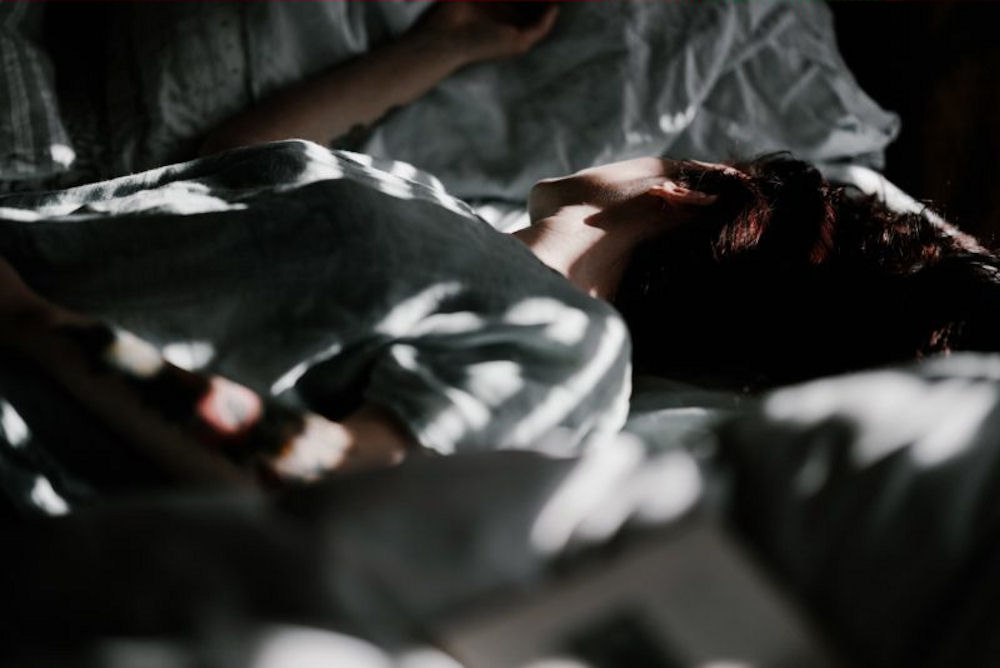Atypical Depression in Teens: Causes, Signs, and Treatment
Teens with all kinds of depression may appear happy or content even when they’re feeling sad or depressed. But with atypical depression, the underlying mood may actually lift from time to time in response to good news or positive interactions with others.
One of the most common misconceptions about depression is that there are only two kinds of depression – the mild, subclinical depression that almost anyone may experience from time to time, which tends to run its course and pass on its own, and clinical depression, the more serious, long-lasting type of depression that doesn’t pass on its own and needs to be treated with clinical methods like therapy or medication.!
What many people don’t realize is that there are a variety of different types of depression with different causes, not all of which are fully understood. Some examples of different types of depression include:
- Major depressive disorder
- Seasonal affective disorder
- Postpartum depression
- Persistent depressive disorder
- Premenstrual dysphoric disorder
- Bipolar disorder
- Atypical depression
Atypical depression is one of the least well-known and most misunderstood types of depression. Take a look at what you need to know about the causes, signs, and treatments of atypical depression.

Causes of Atypical Depression
It’s often difficult to point to a single cause of any type of depression – it’s often more of a confluence of many factors that lead a person to become depressed. Generally speaking, depression is thought to be caused by an impairment of the brain circuits that regulate mood and allow communication between different parts of the brain. In that sense, it’s a chemical or physical disorder, and this is true of atypical depression as well as other types of depression. However, depression is not believed to be entirely chemical. Events or lifestyle factors are thought to trigger depressive episodes. People are more at risk for developing depression if they have certain risk factors such as:
- Interpersonal conflict
- Experiencing a significant loss
- A history of abuse
- Undergoing a significant life change such as a divorce or long-distance move
- A serious illness like cancer or heart disease
- Alcohol or drug use
A family history of depression is also considered to be a risk factor for depression, and people who experience atypical depression are more likely to have had family members who also experienced atypical depression, so there may be some hereditary component to the condition.
Treatment Options
One other thing that distinguishes atypical features from other forms of depression is the response to treatment.
Major depression is often treated with tricyclic antidepressants, but these tend not to produce much improvement in people suffering from atypical depression. Although, people who are suffering from the mental illness do respond to monoamine oxidase inhibitor (MAOIs) and, in most cases, to selective serotonin reuptake inhibitors (SSRIs).
Medication is not the only form of treatment. Psychotherapy, sometimes known as talk therapy, is also an effective method of treatment for those with symptoms of atypical depression. In psychotherapy sessions, people who suffer from depression talk about their feelings, relationships, and experiences. They work on identifying and changing unhealthy thoughts and behaviors, setting realistic personal goals, exploring coping strategies and problem-solving techniques, and finding ways to relieve disruptive symptoms of depression.
In many cases, atypical depression symptoms are best treated with a combination of therapy and medication.
There is no one medication or combination of medications that works for every person diagnosed with atypical depression. People who have atypical features may need to try several different medications or combinations of medications before finding the formula that works best for them.
Therapy, in addition to having its own benefits, can also be a helpful way to monitor the effectiveness of medication and how the person taking it is responding to the medication. Antidepressant medications also have potentially negative side effects that affect some people more than others, so those experiencing side effects may need a change in medication or therapeutic strategy even if the medication is working to relieve the symptoms of depression.
It’s important to understand that a person may be suffering from depression even if their moods seem to lift in response to positive events.
There are a number of different types of depression, and atypical depression is as serious as other types of depression like major depressive disorder, postpartum depression, or seasonal affective disorder. People who are experiencing atypical depression are at risk for dangerous behaviors, such as self-harm or even suicidal ideation or attempts.
Atypical depression should be taken seriously and people suffering with atypical features should seek professional treatment from a doctor, therapist, or counselor.

Other Youth Mental Health Topics You May Find Helpful…
What Teen Depression Really Feels Like According to a 16-Year Old
In a recent Huffington Post article, one adolescent lays it all out on the line. She cuts through the exaggeration most teens use to describe their lives and gets serious […]
Continue ReadingDepression and Happiness Pursuit: A Surprising Link
Recent studies show that there is a surprising link between depression and happiness pursuit – but how can chasing happiness lead to feelings of depression? Nobody wants to feel depressed. […]
Continue ReadingTeen Depression, Anxiety, PTSD and Their Neurological Connections
Mental health disorders are nothing to be ashamed of. They’re very common, and anybody can suffer from one. Mental health disorders like anxiety, depression, and post-traumatic stress disorder (PTSD) are […]
Continue ReadingParenting a Teen with Holiday Depression
The holidays are a difficult time for many people. The expectations of others around the holiday season can cause stress and exacerbate existing stress which leaves many, including teenagers, vulnerable […]
Continue Reading
